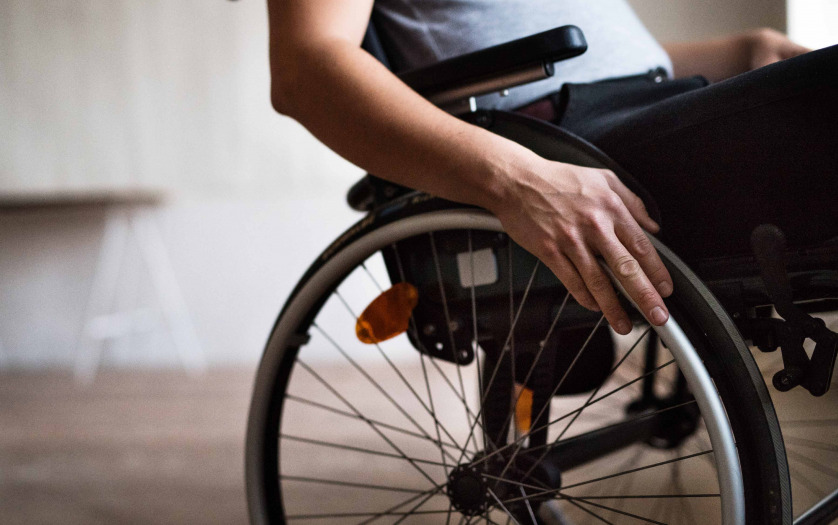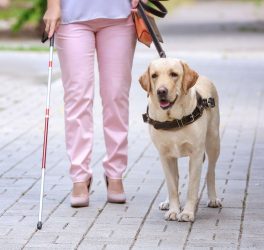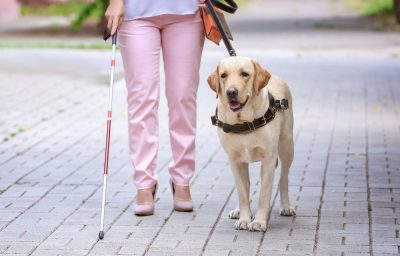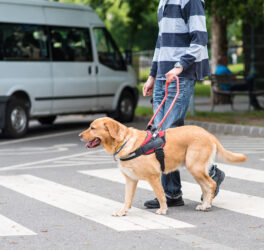
An estimated 1.1 million Australians with disabilities experienced fraud in a 12-month period, according to a new report released today by the Australian Bureau of Statistics (ABS).
William Milne, ABS head of crime statistics, said: ‘Today’s report shows that 18 per cent of people with disability experienced fraud in a 12-month period, compared with 13 per cent of people without disability.
‘The new Disability and Crime report provides valuable insights into the lived experiences of people with disability and the types of crime they are affected by,’ Mr Milne said.
People with disability were more likely to experience all types of personal fraud included in the report, such as card fraud and scams.
People with disability who experienced card fraud were less likely to receive a full reimbursement from their bank or financial institution.
‘We found 67 per cent of people with disability who experienced card fraud got a full refund from their card issuer. This was lower than for people without disability, where 75 per cent received a full reimbursement,’ Mr. Milne said.
‘The new report also shows that 5.5 per cent of people with disability experienced physical or threatened assault in a 12-month period, compared with 2.8 per cent of people without disability.’
People with disability were more likely to experience all types of assault included in the report.
People with disability were more likely to be physically assaulted by someone they knew and to experience assault in their own home.
‘We found 64 per cent of people with disability who experienced physical assault knew the perpetrator, compared with 50 per cent of people without disability,’ Mr Milne said.
‘Of people with disability who experienced physical assault, half of them reported that the assault occurred at a residential location, compared with just under a quarter of people without disability.’
The ABS acknowledges the experiences of people affected by violence, abuse and fraud who are represented in this report. We would like to thank those who participated in the surveys. Their contribution has added valuable insights to informing government and service responses.








